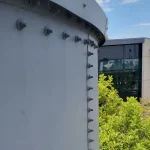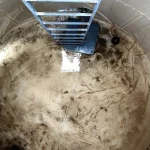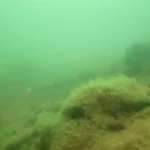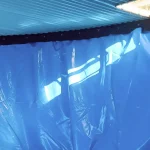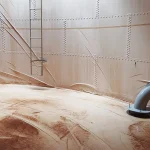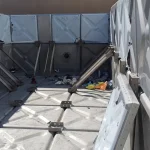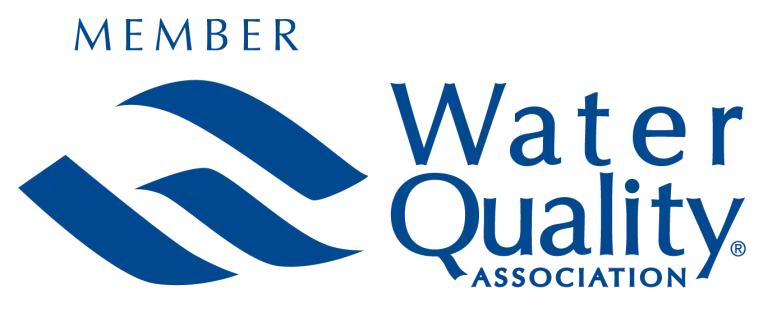Water tanks are no strangers to corrosion. Over time, these structures are inevitably exposed to conditions that can lead to rust and deterioration. But fear not! This process can be controlled and minimized, ensuring your tank functions for years to come.
This guide will equip you with the knowledge to combat water tank corrosion. Stay tuned to learn valuable strategies for preserving the integrity of your tanks!
How Corrosion Takes Place
Corrosion occurs when metal deteriorates due to a chemical reaction between the metal and its environment. This natural process can cause significant damage to your water tank, resulting in substantial expenses to address the issue. All metals are vulnerable to corrosion, especially if they lack a protective coating, which can lead to the degradation of the metal substrate in water tanks and impair their functionality. The type of metal used and environmental conditions, such as gases that come into contact with the metal, can affect the form and rate of deterioration.
When the majority or all of the atoms on the same metal surface undergo oxidation, the entire surface is damaged. Most metals are prone to oxidation, where they lose electrons to oxygen (and other substances) in the air or water. Oxygen combines with the metal during reduction (gaining electrons) to form an oxide.

Identifying Corrosion
Just like many metal structures, water tanks are susceptible to rust and deterioration over time. Regular cleaning helps, but microscopic organisms and bacteria can still find a way to take root inside the tank. Cracks, leaks, or cavities in the tank walls create perfect havens for these bacteria to multiply. If you notice the metal deteriorating, it’s a sign of corrosion happening inside the tank. To get your tank functioning properly again, it may need to be relined or refurbished.
Why is it Important to Stop Corrosion?
Every year, corrosion in water tanks translates to big financial losses for businesses. Undetected corrosion leads to expensive replacements or repairs of these vital water storage structures. But that’s not all. Contaminated water due to corrosion can disrupt operations and render the tank unusable. The key to avoiding these problems is early detection of corrosion. By catching it early, you can prevent further damage and keep your water tank functioning smoothly.
Methods of Prevention
There are several options to shield your water tank from future corrosion. These solutions range from complete water tank replacement to relining or refurbishing the existing structure. Each approach essentially revitalizes or replaces your tank, guaranteeing seamless operation for your business.
No matter the chosen method, a protective coating is usually applied to the tank’s interior surfaces. This coating acts as a barrier, hindering bacterial growth and consequently preventing corrosion, leaks, and cracks from developing within your tank.
Why Choose Tank Relining Over Replacement
Each prevention method has its own set of advantages, but we recommend relining and refurbishment as the best option. Replacing a tank can be costly and still requires a protective coating to ensure adequate corrosion protection. Relining offers a long-term and effective solution by protecting the tank substrate, thereby reducing the likelihood of bacteria, such as Legionella, from inhabiting the structure. Therefore, if you’re looking for a cost-effective solution, we suggest choosing tank relining for long-term bacterial protection.
Be vigilant for signs of corrosion in your water storage structures. If you notice any signs of corrosion in your tanks, consider our tank relining and refurbishment services or contact us immediately!
We offer tried and tested services in Crockett, Grapeland, Kennard, Latexo, Lovelady, Ratcliff, HOUSTON, TEXAS.
We also offer tried and tested services in Longbeach, and cities, towns, suburbs, localities, and places close to Long Beach such as Lakewood, Rossmoor, Lincoln Village, Seal Beach, Hawaiian Gardens, Los Alamitos, Cypress, Bellflower, Carson, La Palma, Paramount, Cerritos, East Compton, West Carson, Compton, Norwalk, Stanton, Westminster, Lomita, Downey, Lynwood, Rolling Hills Estates, Cudahy, CALIFORNIA.
Our friendly and experienced customer service team is here to help you!
Call NFPA 25 Inspections by American Tanks at +1 800 656 0167
Or email at info@nfpa25inspections.com
1305 W 11th St #4087 Houston, TX 77008 USA
3711 Long Beach blvd Suite 4057 4th Floor # 1079 Long Beach, CA 90807 USA

